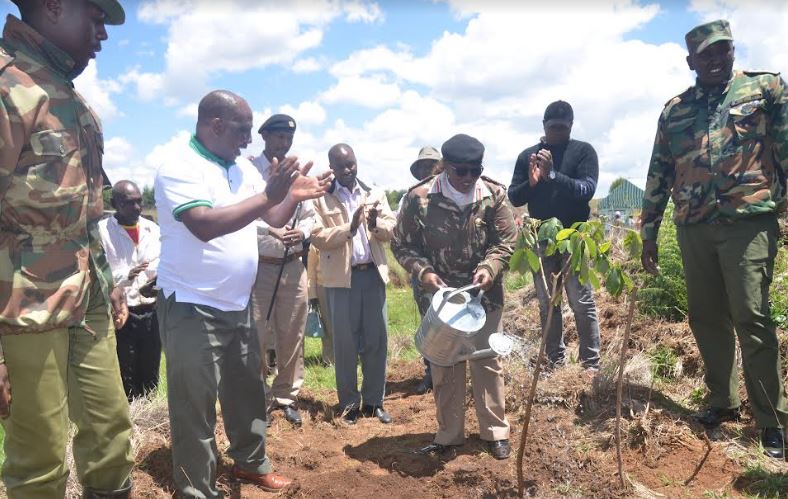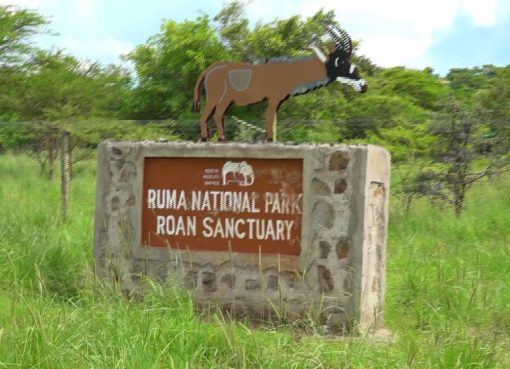The Government, in partnership with local environmental group champions and Community Forest Associations from Nyandarua West, has launched a campaign to help reclaim the dilapidated Ol-Bolosat Forest, within Gathanji Ward.
This is also to help in reclaiming Lake Ol-Bolosat, which has dried-up due to the adverse effects of climate change and human activities.
Ol-Bolosat Forest and the Aberdare Ranges serve as the main water catchments that feed Lake Ol-Bolosat, but uncontrolled deforestation and increased human activities, such as farming, have led most rivers that feed the lake to dry up.
According to Gathanji Deputy County Commissioner (DCC), Ms. Beatrice Kang’ethe, and Nyandarua County Deputy Conservator of Forest, Ms. Grace Mukundi, the government intends to plant over 70,000 tree seedlings in the First Phase of reclaiming the forest, during this rainy season.
The DCC noted that over the last 20 years, the forest has experienced unwarranted logging, leading to rivers drying up, but underscored the government’s commitment to restoring its lost glory.
She spoke during the launch of a tree planting programme in collaboration with community groups, among them the Community Organisation for Positive Impact, Care, and Development (COPICAD), within the expansive Ol-Bolosat Forest.
COPICAD Chief Executive Officer, Rev. Joseph Nderitu, echoed the DCC’s sentiments and called for concerted efforts to raise awareness and sensitise local communities on the need to conserve and protect existing forests in the region.
He noted that the use of community forest conservation groups, schools, and other institutions will help in an effort to bring back the lost canopy of the forest that also serves as a water catchment area for Lake Ol-Bolosat and River Ewaso Nyiro, which drain their waters at Lorien Swamp in Wajir County.
“This initiative will be extended to other areas and is intended to bring back the lost forest cover. I encourage the planting of fruit trees because this will also help boost food security for not only the local communities but also those in other areas,” said Nderitu.
The tree-planting initiative is also part of enabling the government to plant 15 billion trees by 2032.
Nderitu commended the local community, schools, and the Kenya Forest Service (KFS) for their dedication to participating in the tree planting programme.
He said the programme will also help in environmental conservation by enhancing rain and improving the entire ecosystem.
By Antony Mwangi





